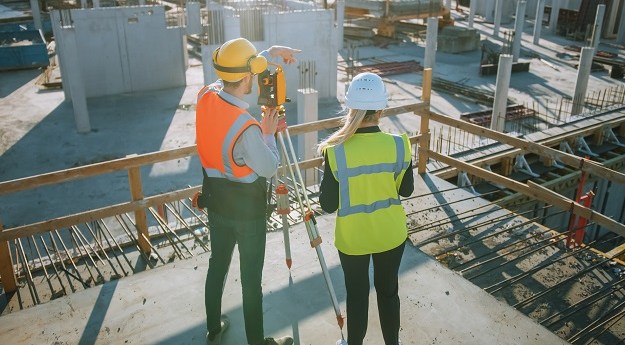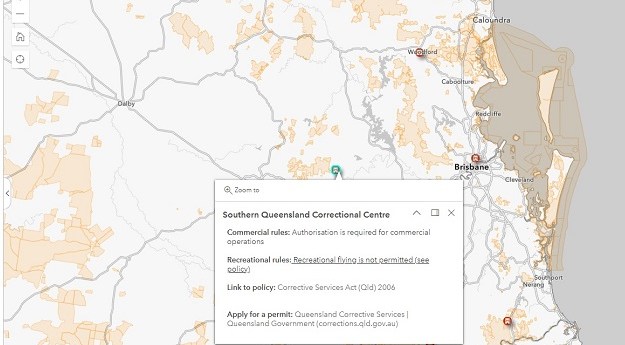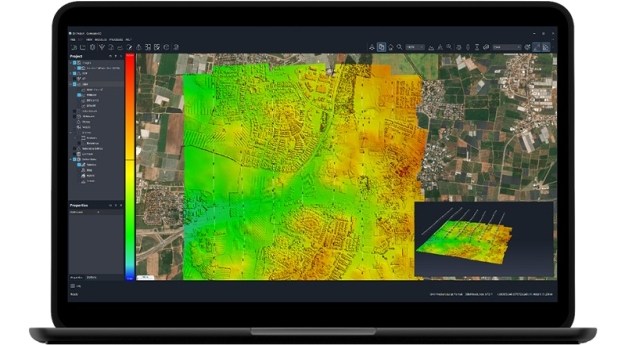
Ash Simmonds, Derek James and Kelly Yeoh of Blue Dwarf Space; Yee Wei Law of Mesh in Space, and Austin Lovell of Up&Up at the University of South Australia. Credit: Innovation & Collaboration Centre.
Space companies from as far as India and Germany have been chosen to take part in South Australia’s Venture Catalyst Space Program.
The program is an accelerator delivered by the University of South Australia’s Innovation & Collaboration Centre (ICC) and funded by the state government’s $1.5m Space Innovation Fund.
Through support provided through the program, Venture Catalyst Space alumni have collectively raised $11 million in additional investment and grants while creating 90 space jobs.
Ten companies will join the 6-month program this year.
“Three international startups will participate in our program, while three will come from interstate,” said ICC Director, Jasmine Vreugdenburg.
“We also have fantastic representation from home-grown South Australian companies.
“South Australia is a magnet for space start-ups with our collaborative space ecosystem and programs like Venture Catalyst Space growing companies that achieve long-term success on the national and international space stage,” added South Australia’s Premier, Steven Marshall.
One of this year’s participants, India-based company Grahaa Space, is working on an advanced constellation of Earth observation nanosatellites to be launched into LEO which will work in sync to stream near real-time high-resolution videos of any specific location on earth.
Another is QL Space, which is developing a multi-sensor LEO cube sat with AI capabilities to support mineral applications in the mining industry.
“Due to Covid lockdowns on and off in various parts of the world, our plans have been slightly delayed during the last two years… now that lockdowns have been relaxed around the world, we intend to speed up our activities and catch up as fast as we can,” said CEO of Grahaa Space, Ramesh Venkatesan.
“We believe that by being part of the Australian program, we can fast track our process of setting up base, work with the international communities and strategically cater to the Asia Pacific and Australian-New Zealand regions much more efficiently.”
Stay up to date by getting stories like this delivered to your inbox.
Sign up to receive our free weekly Spatial Source newsletter.












